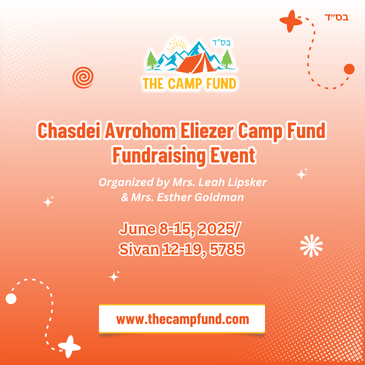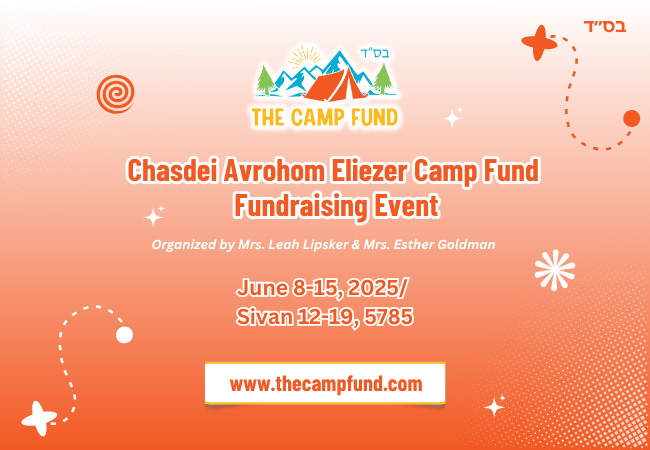I find it interesting how the verse breaks up these periods: For the first three years, it is forbidden to partake of any fruit. Only in the fourth year is the fruit made holy, and finally in the fifth year the fruit is ready for consumption. In a way, this description patterns our undergraduate college experience, or at least my experience at the University of Virginia.
Making Our Divine Sparks Shine in College
Charlottesville, VA — Last week’s Torah portion states: “When you shall come into the land, and shall have planted all manner of trees for food. … For three years it shall be ‘orlah’ unto you: it shall not be eaten. On the fourth year, all its fruit shall be holy for praise-giving to G-d. And in the fifth year shall you eat of its fruit, that it may yield to you its increase.”
I find it interesting how the verse breaks up these periods: For the first three years, it is forbidden to partake of any fruit. Only in the fourth year is the fruit made holy, and finally in the fifth year the fruit is ready for consumption. In a way, this description patterns our undergraduate college experience, or at least my experience at the University of Virginia.
For the first three years, although we enjoy ourselves and are stimulated both academically and socially, we are still grasping for what exactly we are doing here; what is our goal? What do we hope to get out of our courses? What are we doing with our lives? Over the past three years, Romanian-born Rabbi Shlomo Mayer asking me several times: “Why do you American students go to college for four years? What do you get out of it?” Frankly, I couldn’t really answer his question. “It’s fun,” I would say. “It gives you independence from your parents – a good transition stage before going out into the real world.” These answers, although true, rang somewhat hollow.
I don’t think it was until this year – my fourth year – that I truly understood what the meaning of my college experience was. Everyone has a personal meaning that is unique to them. After all, we pursue different majors, have different sets of friends, are involved with different activities, and so on and so forth. But what unites us is the sense of community that we have achieved. Self-realization is impossible in isolation; only in the presence of others can individuals flourish – or as the Rebbe would say, can their divine spark shine. Community is why we so many alumni come back to visit and it’s why Chabad has grown into such a strong organization.
Chabad brings together Jews from a variety of backgrounds, and from them it forges a community that is supportive and caring, and which makes Jewish life accessible to every student, faculty member, and Charlottesville resident. For me, a Reform kid from an intermarried household, going to Chabad was a bit of a leap. And while I now occasionally lead services here on Friday nights, you probably won’t find me in a Borsalino hat and a beard anytime soon.
But coming to Chabad is an eye-opening experience: It allows students to experience the meaning of Shabbat in a real family environment, if only for an hour or two each week. It allows students to take time out of their schedules – as Shlomo likes to joke, time away from the library on a Friday night – to take part in a beautiful tradition and establish amazing connections with other Jewish students and community members. And while our social and academic lives are normally separate from one another, Chabad fuses our pursuit of knowledge and spiritual meaning with personal interaction, like Pizza and Parsha, the Torah class that Shlomo teaches every week over kosher pizza.
Over the past four years, even in the midst of a busy, busy schedule, I’ve tried to make time for these moments—to remember our tradition and where it came from, and to experience the joy of holidays together. I encourage everyone to come to Chabad and keep their community strong.
So in this sense, my fourth year is like the fruit which the Torah tells us is “holy for praise-giving to G-d.” It is the year in which the fruit has become ripe for harvesting, but before doing so, gives us time to reflect back on why we are about to eat it, what has made it special.
Next year, I will be teaching English in Japan, and I have an inkling that staying involved in the Jewish community over there will be a little tough. But as said in the Torah portion, in the fifth year, and presumably beyond, the fruit is ready for consumption and will yield to us its increase. I have seen the fruit ripen over my four years at UVA, and in the Jewish community here, and for that I am eternally grateful.
This article was adapted from University of Virginia senior Michael D. Wain’s address at last week’s Shabbat 100 Friday night dinner. Wain, a native Virginian, is majoring in Foreign Affairs and Japanese Studies.














